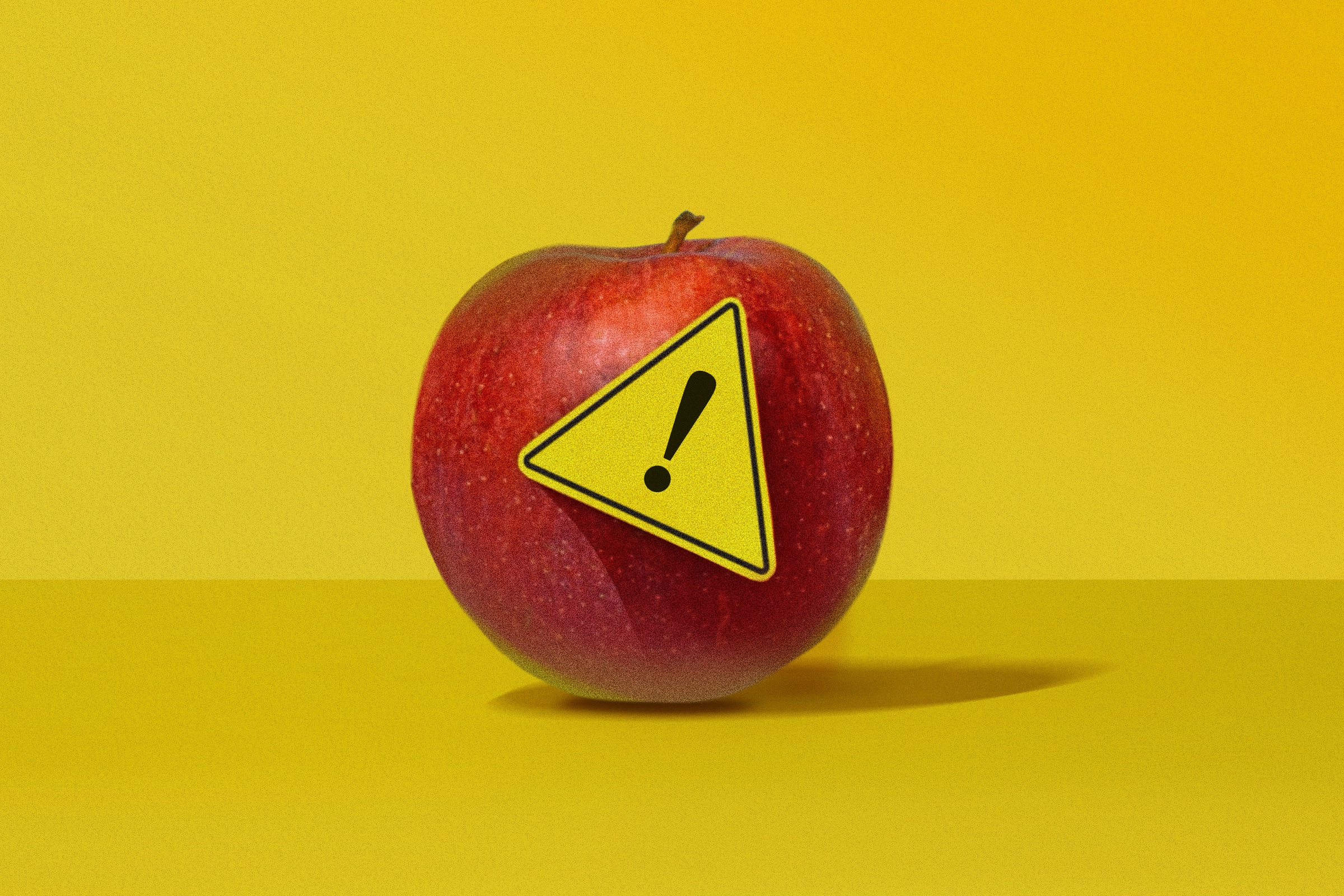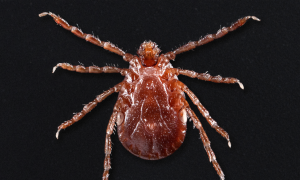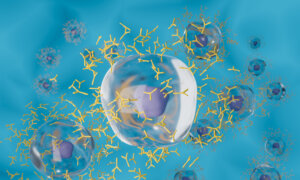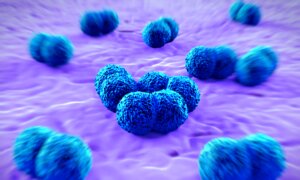An abundance of literature shows links between pesticide use and increased risk for various types of cancer. However, unlike smoking, most people’s exposure to these harmful toxins is too small to pose a threat, which may explain why many seem less concerned.
However, a study published in June found that pesticides can introduce the same risk of cancer as smoking, especially in communities with heavy agricultural production.
“If you live in a high-exposure community, you’re getting the same harmful effects as smoking,” said Isain Zapata, the study’s corresponding author and associate professor at Rocky Vista University’s College of Osteopathic Medicine in Colorado.
Pesticide Usage and Higher Cancer Incidence
The study, published in
Frontiers in Cancer Control and Society, analyzed national data across all U.S. states and 3,143 counties to determine the effect of different patterns of pesticide use on cancer rates and compared it to smoking, a well-known risk factor for cancer.
Since people are often not exposed to a single pesticide but rather a cocktail of various chemicals, the researchers created different profiles of how pesticides are used in agriculture across various counties instead of looking at each pesticide individually. They then tested these profiles against cancer rates.
The study identified the most commonly used pesticides in counties with usage patterns linked to the highest cancer rates. For instance, atrazine, widely used to kill weeds on row crops such as corn, sugarcane, and sorghum, was linked to higher rates of colon cancer. Glyphosate, on the other hand, was associated with higher rates of colon cancer, pancreatic cancer, and all cancers in general.
Although pesticides such as cyprodinil, which are used to control a range of fungal diseases, aren’t as widely researched for their cancer risk compared to atrazine and other extensively studied pesticides, they were also found to be linked with high cancer rates. For instance, the researchers found that cyprodinil was associated with leukemia.
However, Zapata, who has a doctorate in applied statistics, cautioned against interpreting the term “top” as “worst.” He said what is considered the worst depends on how much pesticide is used and why. While the study shows key pesticides, their impact varies based on the area’s farming practices.
“A region growing corn will use different chemicals than one growing oranges. The ‘worst’ compound in one area might not be relevant in another,” he told The Epoch Times.
Higher Risk From Pesticides Than Smoking
In regions with heavy agricultural production, the authors found that pesticide exposure presented a greater risk of certain cancers—particularly non-Hodgkin’s lymphoma, bladder cancer, and leukemia—than smoking.
The regions most affected by pesticide-related cancer risks were primarily in the Midwest, known for heavy agricultural activity, particularly corn production. States such as Iowa, Illinois, Nebraska, Missouri, Indiana, and Ohio usually appear in regions linked to higher added risk. Florida, pivotal in vegetable and fruit production, also showed an increased cancer risk.
Impact on Health
While laws concerning pesticide use have improved because of research on ubiquitous, harmful chemicals such as atrazine, the study highlights the dangers posed by chemical combinations specific to land use and regional crops, the authors said.
“Agriculture chemicals that include pesticides and defoliants such as Roundup (glyphosate) and other such chemicals seem to, in general, have a pro-cancer effect. These chemicals can do this by interfering with the human body’s immune system, which is the first line of defense for fighting cancer,” holistic and integrative medicine physician Dr. Yusuf Saleeby told The Epoch Times.
Regardless of the potential dangers of these pesticides, agricultural production relies on them to maintain productivity, Zapata said.
“Even when we identify those compounds that are very harmful, we need them because you cannot have the amount of productivity in those regions without the use of those chemicals. It’s just unrealistic to think that you can just take them out.”
The researchers hope their findings will encourage people to be mindful of where their produce comes from and what chemicals their food may be exposed to.
Avoidance Is Key
Despite efforts to reduce pesticide-related illnesses through
surveillance and monitoring, agricultural workers and farmers do not receive regular
biological monitoring. Saleeby, who has over 25 years of experience in functional medicine, sometimes tests for these chemicals in urine samples to start treatments. However, routine exams may not include such tests, which would benefit these populations.
Saleeby offered some simple solutions for people.
“The No. 1 thing you can do is avoidance. Avoid exposure, like moving from a farm that uses agents, avoiding sprayed crops or foods, and eating as organic as possible.”
He also suggested administering pharmaceutical and nutraceutical products that help “pull” toxins out of the system. These may include binders and chlorella, a freshwater algae.
He also suggests participating in activities that encourage fluid excretion, such as drinking more water to promote urination and going to saunas to sweat out possible toxins.
Saleeby said there is no “cookbook way” to manage pesticide exposure. Instead, it takes an individualized approach.














